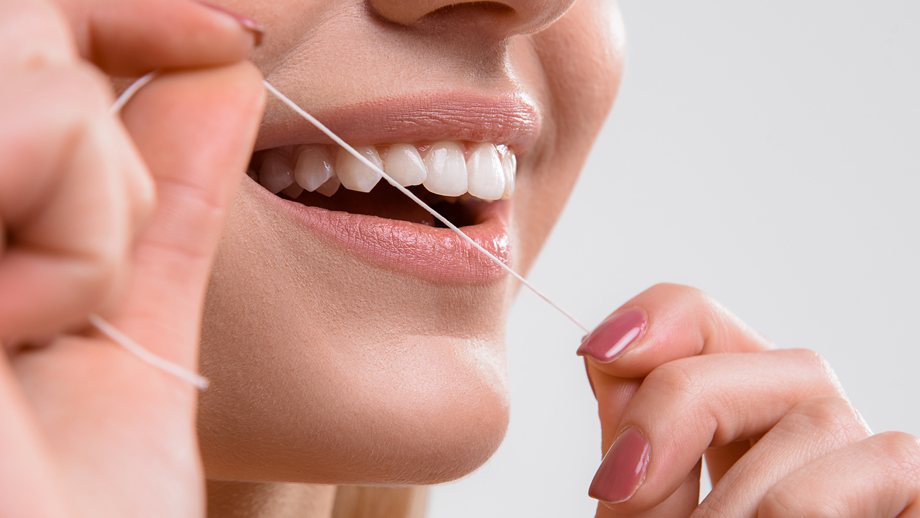Why My Gums Are Bleeding And How To Cure It?

Bleeding gums is a typical oral condition that most adults face eventually in their life. Assuming your gums bleed while you floss or clean your teeth, it very well may be viewed as a simple brush/floss mistake. While bleeding in this situation is normal, now and again it could likewise demonstrate that your oral wellbeing is extremely poor and there is a fundamental medical issue holding up under.
Anything going from forceful brushing, injury, pregnancy, or irritation can make the gums bleed. Yet, if you see your gums surprisingly red, it could mean there is aggravation present. This is an indication that there is a more pressing issue in your oral wellbeing which could prompt genuine medical problems like periodontitis and gum disease. You will need to search for “gum bleeding treatment near me” the minute you see such signs of bleeding gums.
It is vital to distinguish the reason for bleeding to decide whether you really need an appointment with the dentist. Whenever you have figured out the reason, you can either get the issue treated by a dentist or if it isn’t significant, you can try to stop the bleeding by yourself.
Why My Gums Are Bleeding?
There are many reasons why your gums could bleed. A few reasons might be connected with your oral care routine, while others are more extreme and could propose a fundamental ailment that warrants further examination. Here are some reasons that can prompt gum bleeding:
- Lack of vitamin C
- Lack of vitamin K
- Mistaken brushing method
- Recently began flossing
- Using a toothbrush with hard bristles
- Gum disease
- Certain drugs, such as blood thinners
- Hormonal changes during pregnancy
- Faulty dental restoration treatment
- False teeth that don’t fit
- Type 1 or 2 diabetes
- Leukemia
- Periodontal infection
- Thrombocytopenia
- Scurvy
- Hemophilia or von Willebrand infection
How Can I Stop Gum Bleeding?
If you notice your gums are bleeding, there are a few measures you can take to stop the bleeding. Nonetheless, if your side effects don’t improve within seven to 10 days, you should plan a meeting with your dentist right away to find the source of the issue.
Practice Proper Dental Hygiene
Plaque development is the most well-known reason for bleeding gums. If you don’t eliminate the plaque along your gum line through brushing and flossing, it will transform into tartar. This can make your gums become inflamed (known as gum disease) and can prompt tooth decay and gum disease.
The best method for lessening plaque buildup and saving your time to research for “halitosis doctor near me” is cleaning your teeth and flossing regularly. The American Dental Association suggests cleaning your teeth two times every day for two minutes and flossing once each day to eliminate plaque and extra food particles. While brushing your teeth, place your toothbrush at a 45-degree point and delicately move it this way and that in short strokes. Make sure to brush the external surfaces, the internal surfaces, and the biting surfaces of your teeth.
Quit Smoking
Smoking is the main concern for gum sickness. Smoking debilitates your immunity system and makes it harder for your body to ward off infection – that incorporates the harm done from plaque. If you are a smoker, consider these enlightening insights about smoking and gum sickness:
- You have double the risk of gum sickness as a smoker
- Your risk for gum infection builds each time you smoke a cigarette
- Your risk for gum disease expands the more you smoke
- Gum infection medicines may not function too well for you if you smoke
Use the Correct Toothbrush
Before searching for the “gum bleeding dentist near me”, try changing your toothbrush. As per the ADA, you should clean your teeth with a delicate bristled toothbrush – anything harder, even a medium-bristle toothbrush can erode your tooth enamel. Soft bristle toothbrushes likewise clean better since they can get under the gum line and relax plaque from around your teeth and gums. Furthermore, remember to change your toothbrush every three or four months or sooner if the fibers are frayed. A worn-out toothbrush doesn’t clean your teeth properly.
Eat a Healthy Diet
Did you know the eating choices you make influence your oral health? The food varieties you eat and the beverages you drink all come into contact with your teeth and gums, and the ones that are high in sugar create an ideal climate for plaque. To decrease the risk of tooth decay and gum disease, the ADA suggests drinking a lot of water and eating fruits, as well as food sources that are high in calcium and phosphorus into your eating regimen.
If the above tips don’t help you, the reason might be an underlying one. In such a case, visit the nearest dentist as soon as you can.







